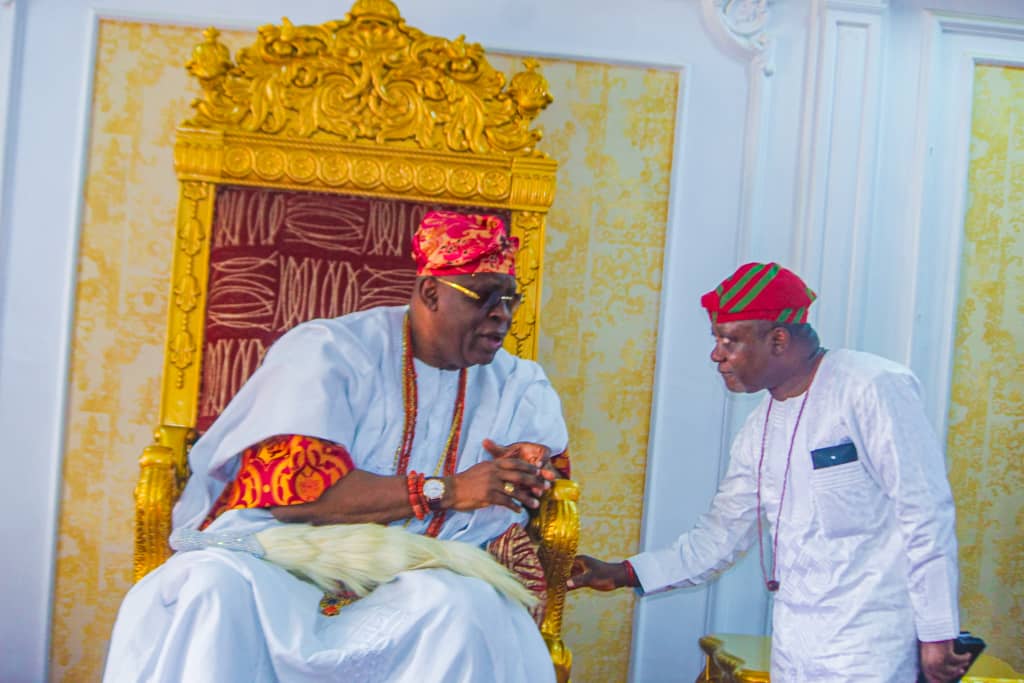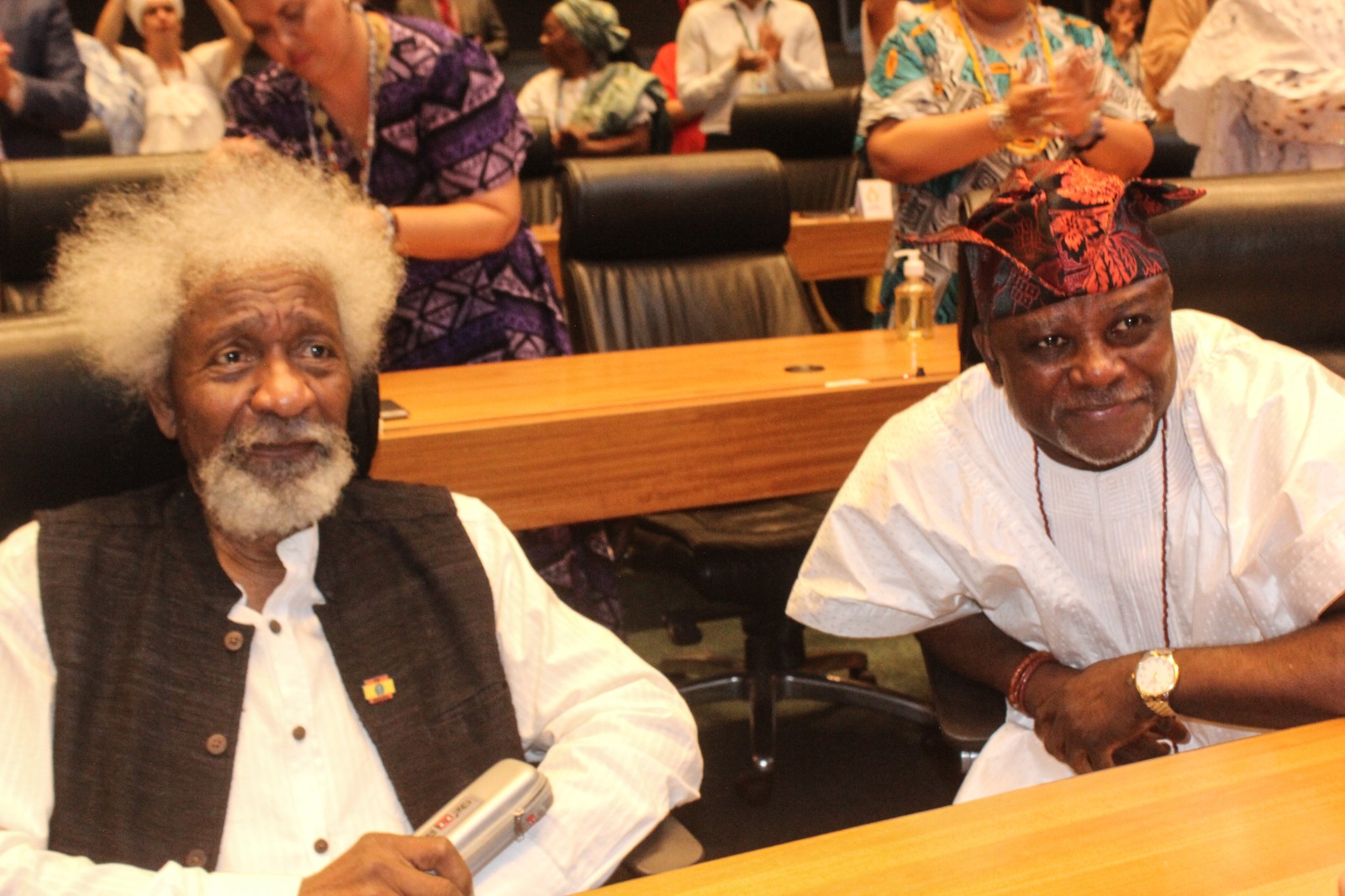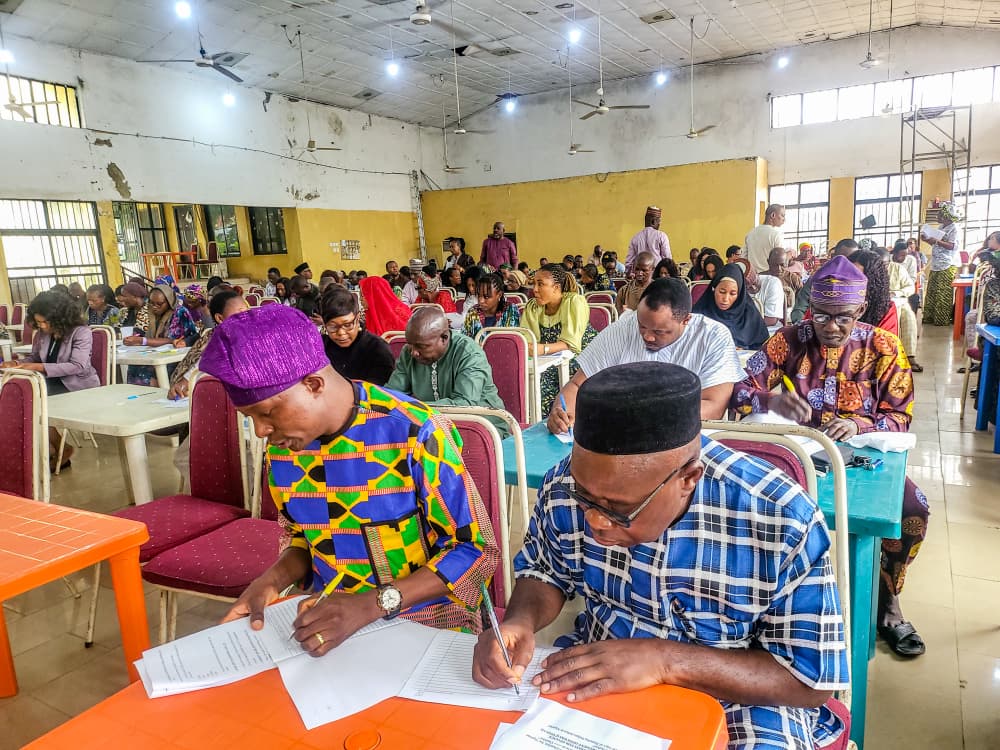 The Director, Department of Educational Services and Training, National Commission for Museums and Monuments, Abuja, Professor Barth Chukwuezi, has stated that there is need for our cultural managers to take documentation of cultural resources very seriously because it will reposition the cultural resources in the country for better management and other benefits.
The Director, Department of Educational Services and Training, National Commission for Museums and Monuments, Abuja, Professor Barth Chukwuezi, has stated that there is need for our cultural managers to take documentation of cultural resources very seriously because it will reposition the cultural resources in the country for better management and other benefits.
Chukwuezi stated this in a paper, “New Approaches To The Documentation of Nigerian Cultural Resources,” which he delivered at the 5-Day Workshop on, “Repositioning Culture Workers for Improved Productivity,” organised by National Institute for Cultural Orientation (NICO) for staffers of the Department of Culture, Federal Ministry of Culture, Tourism and National Orientation, at the Oasis Garden Hotel, Mararaba, Nasarawa State.
His words: “Cultural resources are a symbolic product of cultural formation which is a generative tool for societal development. Cultural resources could be developed to generate revenue, income, employment, entertainment and other forms of leisure, even in educational settings.”
According to him, Nigeria’s cultural resources are valuable, and if destroyed, cannot return to their original state, so they should be properly documented and handled with the care they desire; and that, documentation, which is a form of conservation and preservation, helps researchers in their work and also assists in the search and return of objects missing in the culture sector.
He disclosed that online documentation needed to be intensified in every cultural Parastatal because data when digitised and stored in the database of computer systems or websites could be replayed or reproduced at any given time, adding that, advertising through this medium would attract many tourists, researchers and the public to cultural resource activities.
Professor Chukwuezi further observed that the various forms of digitisation approaches like Facebook, YouTube and search engines like Google and Yahoo were invaluable, and that with any of these approaches, cultural resources could be posted and information received by a wider audience, just as information on cultural resources could be recorded, disseminated, even downloaded and watched as scenic videos.
He therefore charged every Cultural Parastatal in the Federal Ministry of Culture, Tourism and National Orientation, to form a committee to bring out a standardised guideline for the documentation of cultural resources, arguing that it will arouse the momentum of cultural resources documentation among cultural managers.
Ama Essien
Corporate Affairs Unit
NICO HQ


